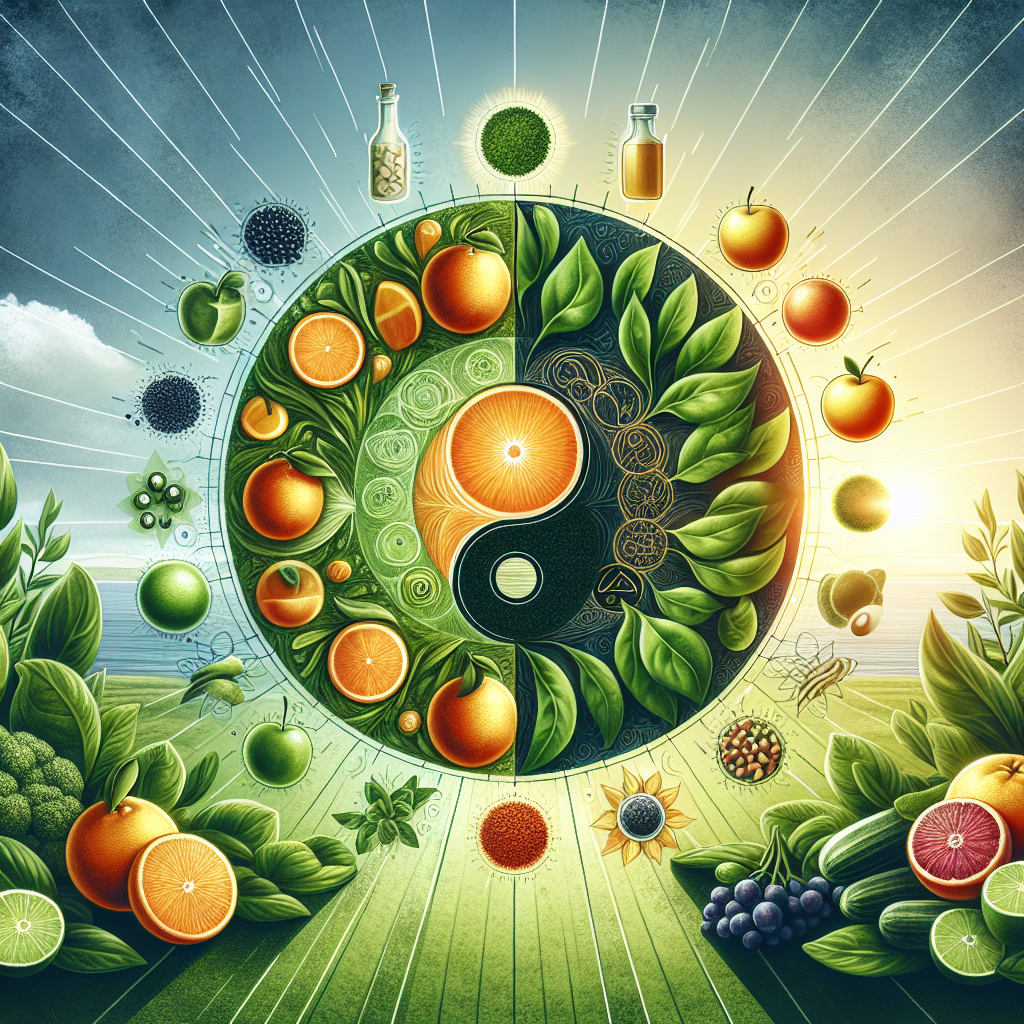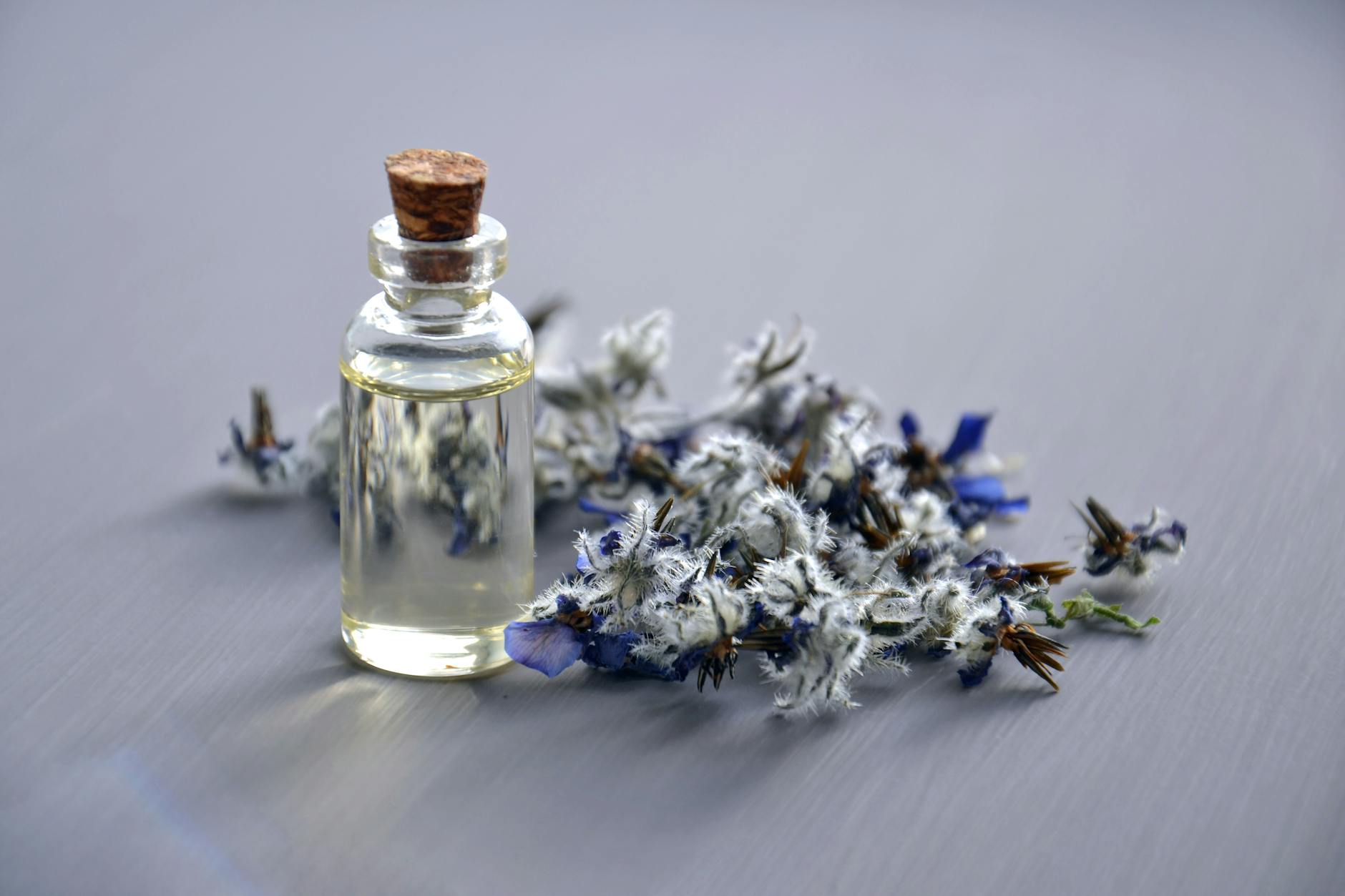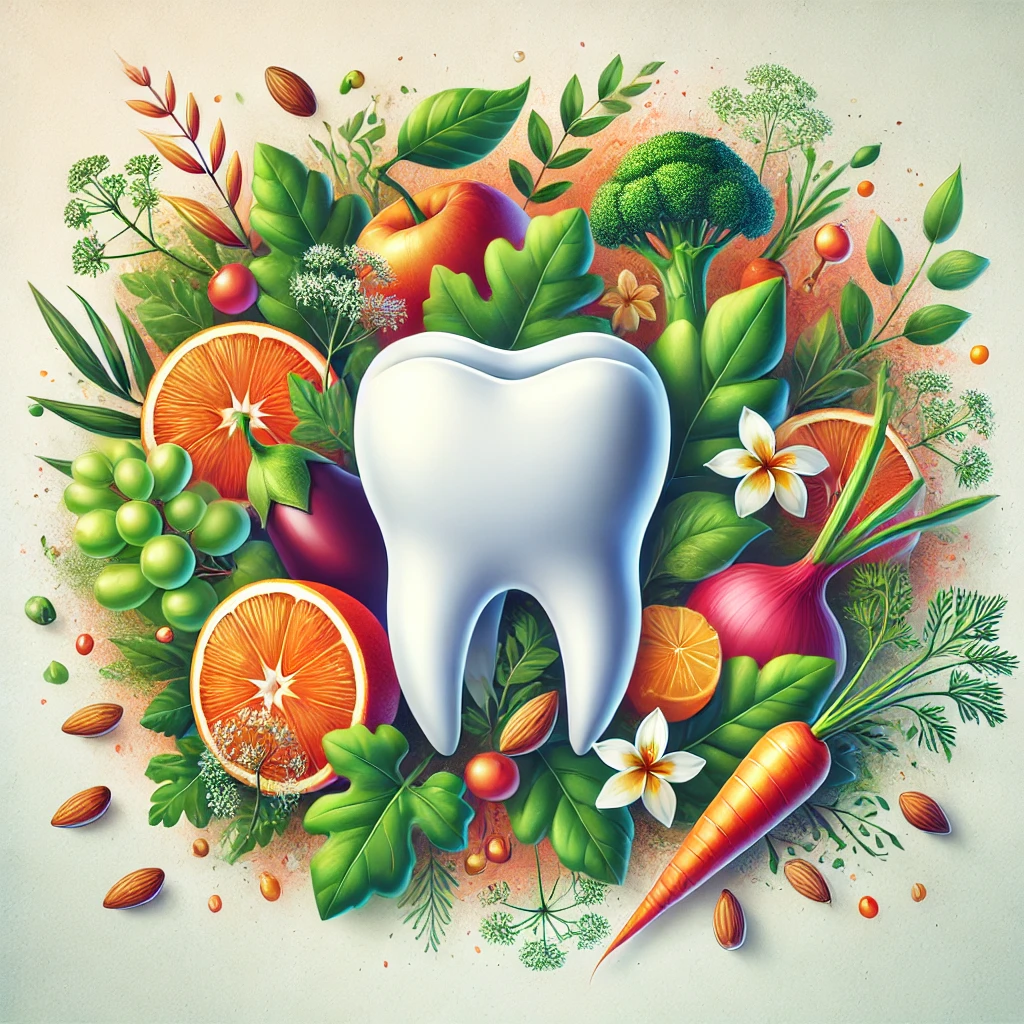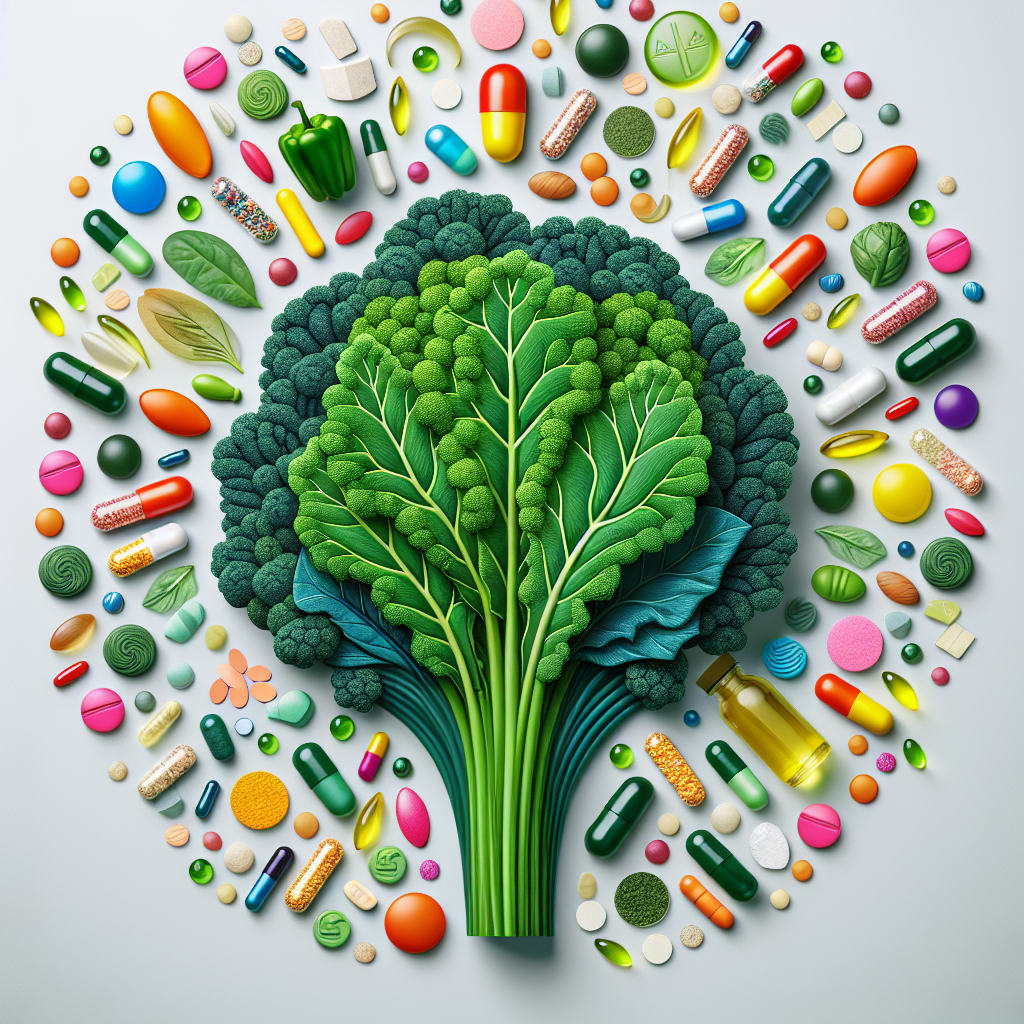Unlocking Nature’s Pharmacy: Your Guide to Natural Health Remedies
For centuries, humans have turned to the natural world for healing. Before the advent of modern pharmaceuticals, remedies derived from plants, minerals, and other natural substances were the primary means of treating illness and promoting well-being. Today, with a growing interest in holistic health and wellness, natural remedies are experiencing a significant resurgence. This comprehensive guide delves into the power of nature’s pharmacy, offering insights into effective and safe natural health solutions.
The Power of Plants: Phytotherapy Explained
Plants have been the cornerstone of traditional medicine systems worldwide. The practice of using plants for medicinal purposes is known as phytotherapy. Plant-based remedies leverage the complex chemistry of plants, which synthesize an astonishing array of bioactive compounds. These compounds, often called phytochemicals, possess diverse therapeutic properties, including anti-inflammatory, antioxidant, antiviral, and antibacterial actions.
-
Herbal Preparations: Phytotherapy relies on various methods to extract these beneficial compounds. Common herbal preparations include:
- Teas and Infusions: Made by steeping plant material (leaves, flowers, or roots) in hot water.
- Decoctions: Created by boiling plant material, typically tougher parts like roots and bark.
- Tinctures: Concentrated extracts made by soaking plant material in alcohol or vinegar.
- Capsules and Tablets: Powdered or extracted plant material encapsulated or compressed.
- Essential Oils: Highly concentrated aromatic compounds extracted from plants through distillation or cold pressing.
-
Specific Plant Remedies: Several plants have gained widespread recognition for their therapeutic benefits:
- Echinacea: Boosts the immune system, often used to treat and prevent colds and flu.
- Ginger: Reduces nausea, inflammation, and pain; aids digestion.
- Turmeric: Contains curcumin, a powerful anti-inflammatory and antioxidant compound.
- Chamomile: Promotes relaxation, reduces anxiety, and aids sleep.
- St. John’s Wort: Used to treat mild to moderate depression, though it can interact with certain medications.
- Garlic: Possesses antibacterial and antiviral properties; supports cardiovascular health.
- Peppermint: Relieves digestive issues, headaches, and muscle pain.
Minerals and Vitamins: Essential Building Blocks for Health
Beyond plants, the earth itself offers essential minerals and vitamins crucial for optimal health and well-being. These micronutrients play pivotal roles in numerous bodily functions, ranging from supporting bone health to bolstering the immune system.
-
Essential Minerals:
- Calcium: Crucial for strong bones and teeth; supports muscle function and nerve transmission.
- Magnesium: Involved in over 300 enzymatic reactions; supports muscle relaxation, heart health, and blood sugar control.
- Iron: Carries oxygen in red blood cells; prevents anemia.
- Zinc: Supports immune function, wound healing, and cell growth.
- Selenium: An antioxidant that protects cells from damage.
-
Essential Vitamins:
- Vitamin C: A potent antioxidant; supports immune function and collagen production.
- Vitamin D: Essential for calcium absorption and bone health; supports immune function.
- B Vitamins (B1, B2, B3, B6, B9, B12): Play critical roles in energy production, nerve function, and cell metabolism.
- Vitamin E: A powerful antioxidant that protects cells from damage.
- Vitamin K: Essential for blood clotting and bone health.
Other Natural Health Remedies: Beyond Plants and Minerals
The realm of natural health extends beyond plants and minerals, encompassing other effective therapies.
-
Probiotics: Live microorganisms that promote gut health. They can improve digestion, enhance nutrient absorption, and boost the immune system. Found in fermented foods like yogurt, kefir, and sauerkraut, and also available in supplement form.
-
Omega-3 Fatty Acids: Essential fatty acids, primarily found in fatty fish (salmon, mackerel, sardines), flaxseed, and chia seeds. They support heart health, reduce inflammation, and promote brain function.
-
Acupuncture: A traditional Chinese medicine technique involving the insertion of thin needles into specific points on the body to stimulate energy flow (Qi) and promote healing. It is often used to treat pain, stress, and various other conditions.
-
Homeopathy: A system of alternative medicine that uses highly diluted substances to stimulate the body’s self-healing abilities. Homeopathic remedies are selected based on the principle of “like cures like.”
-
Chiropractic Care: Focuses on the relationship between the spine and overall health. Chiropractors use manual adjustments to correct spinal misalignments and improve nerve function.
Safety Considerations and Responsible Use
While natural remedies can offer numerous benefits, it’s crucial to approach them with caution and responsibility.
-
Consult with a Healthcare Professional: Always consult with a doctor or qualified healthcare provider before using any new natural remedy, especially if you have existing health conditions, are taking medications, or are pregnant or breastfeeding.
-
Research Thoroughly: Understand the potential benefits, risks, and side effects of any natural remedy you are considering.
-
Source Quality Products: Purchase products from reputable brands that prioritize quality and purity. Look for certifications like GMP (Good Manufacturing Practices) to ensure product quality.
-
Start with Low Doses: Begin with lower doses and gradually increase as needed, while monitoring for any adverse reactions.
-
Be Aware of Interactions: Natural remedies can interact with medications, so it’s essential to inform your healthcare provider about all supplements you are taking.
-
Listen to Your Body: Pay attention to how your body responds to a natural remedy and adjust your dosage or discontinue use if you experience any adverse effects.
-
Not a Replacement for Conventional Medical Care: Natural remedies should be viewed as complementary approaches and not as replacements for conventional medical treatment, especially for serious medical conditions.
-
Proper Storage: Store herbal remedies and supplements according to the manufacturer’s instructions to maintain potency and efficacy. Keep out of reach of children.
Discover more from NatureZen Market
Subscribe to get the latest posts sent to your email.











